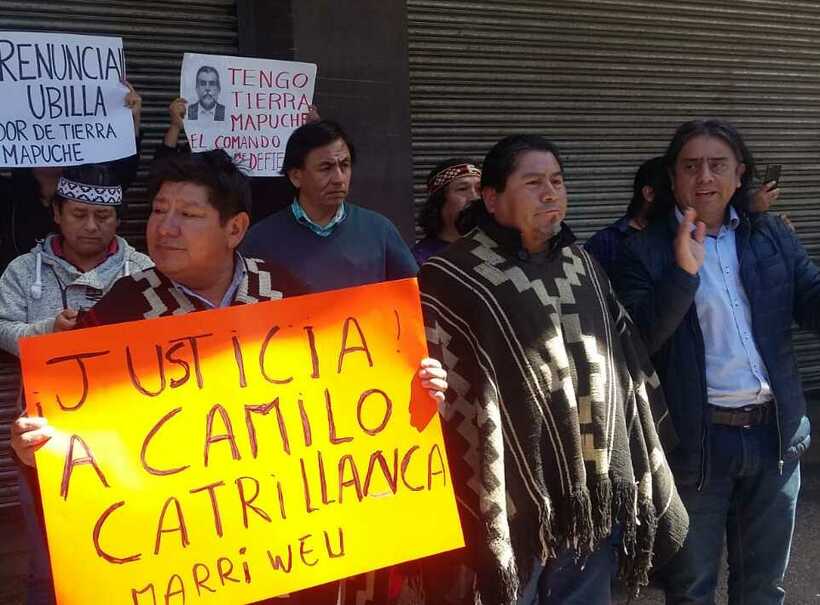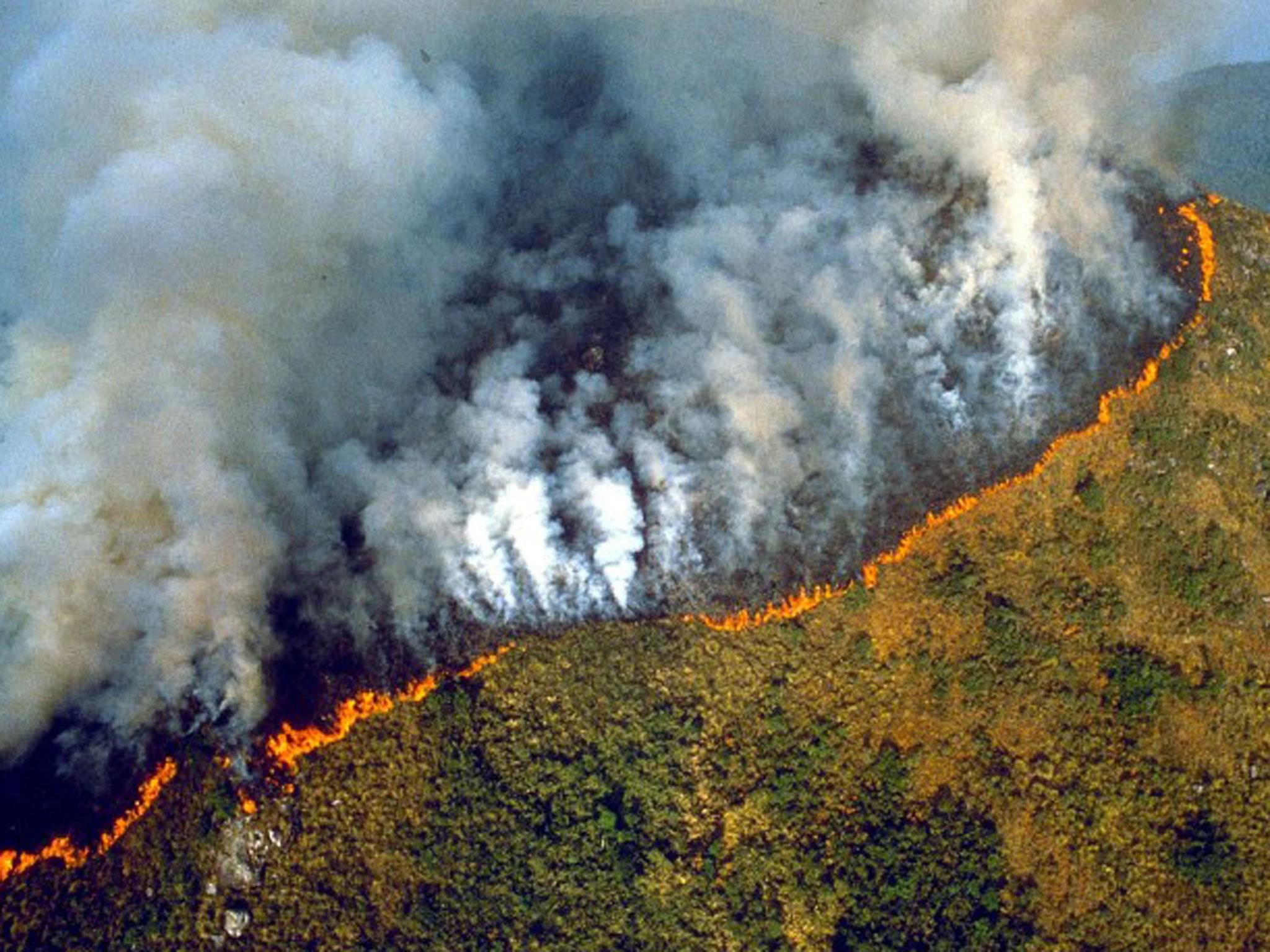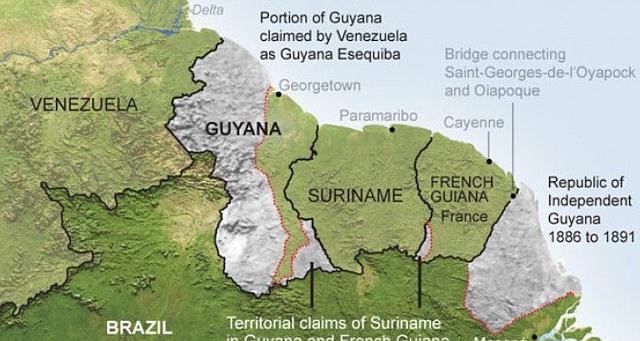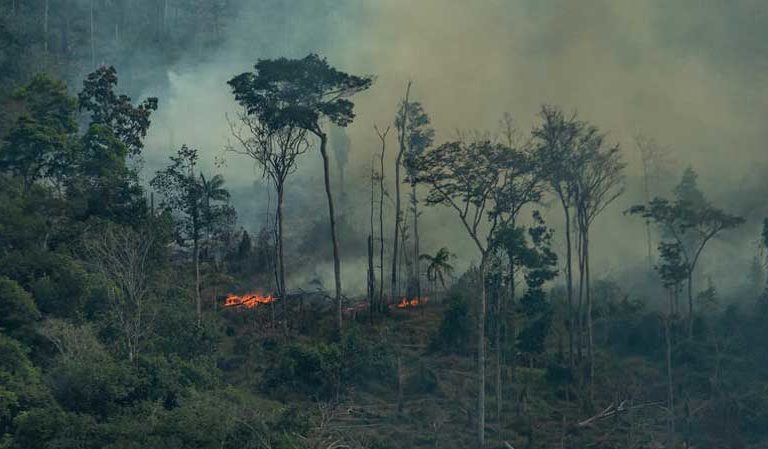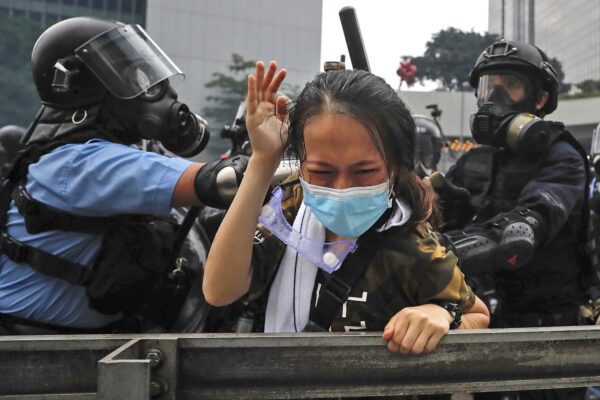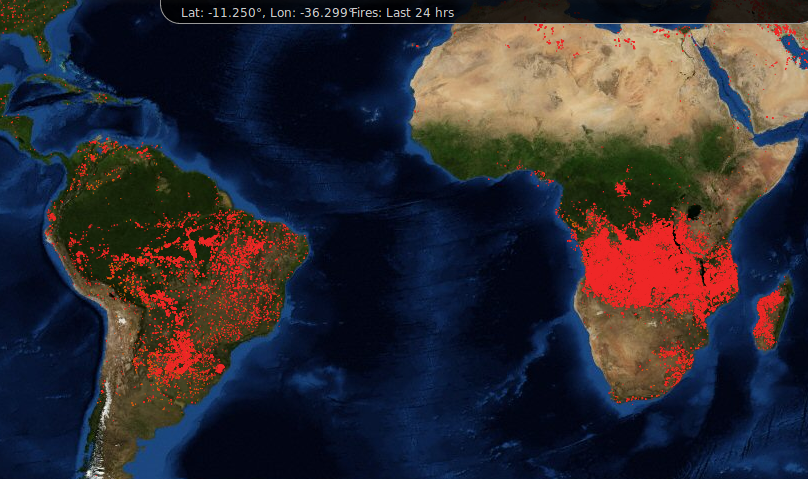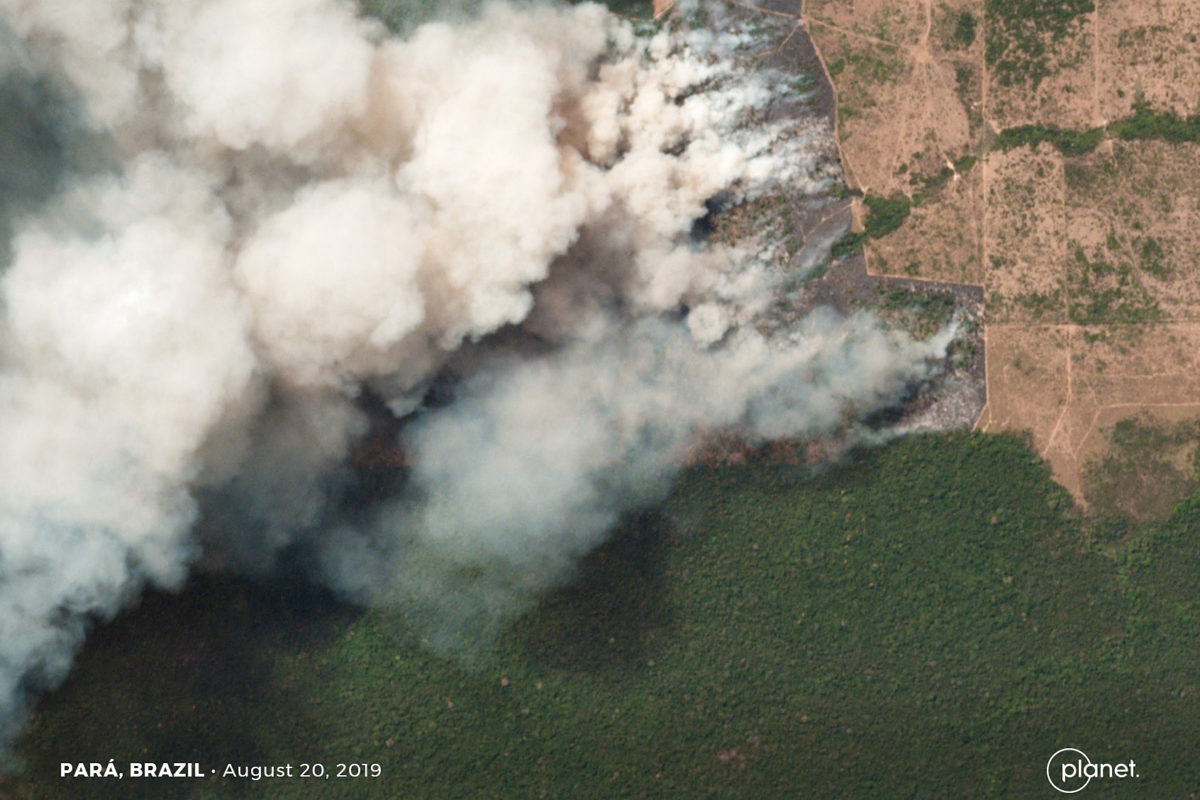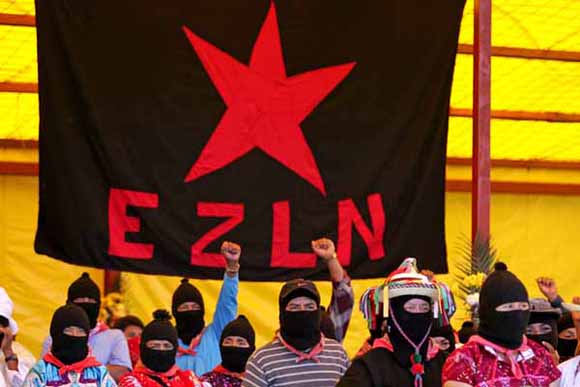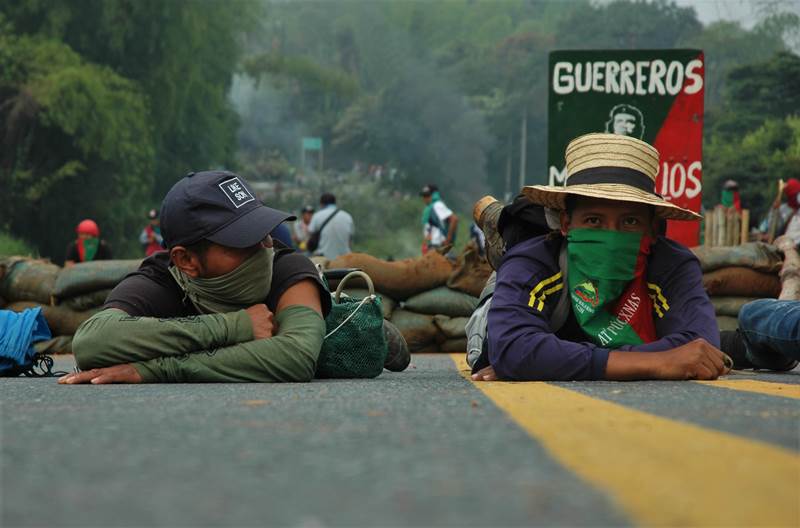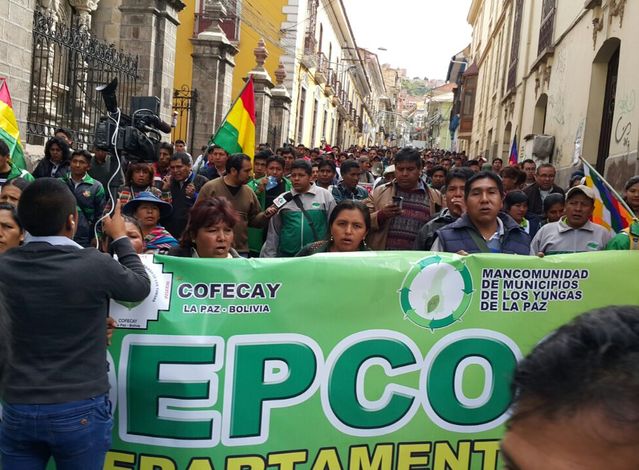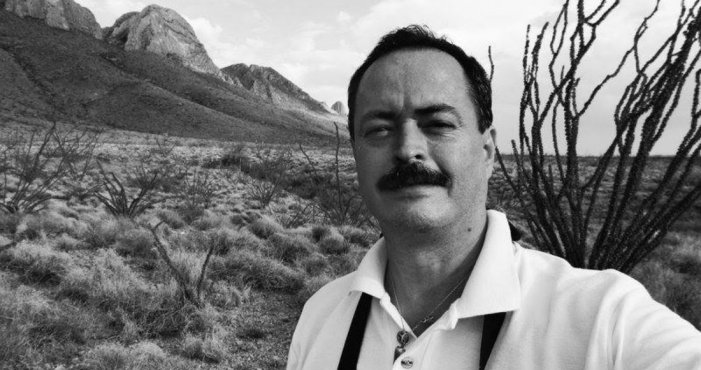
Language rights advocate slain in Chihuahua
Enrique Alberto Servín Herrera, a promoter of indigenous language preservation in northern Mexico’s Chihuahua state, was found slain by a blow to the head at his home in the state capital, Chihuahua City. Authorities have made no arrests, nor named a motive in the attack. Servín Herrera headed the Department of Ethnic Cultures & Diversity at the state Secretariat of Culture, and was known for his efforts to help revive and sustain the language of the Tarahumara people. The Sierra Tarahumara, homeland of this indigenous people, has been torn by violence related to control of lands by narco-gangs and timber mafias in recent years. (Photo via La Izquierda Diario)



